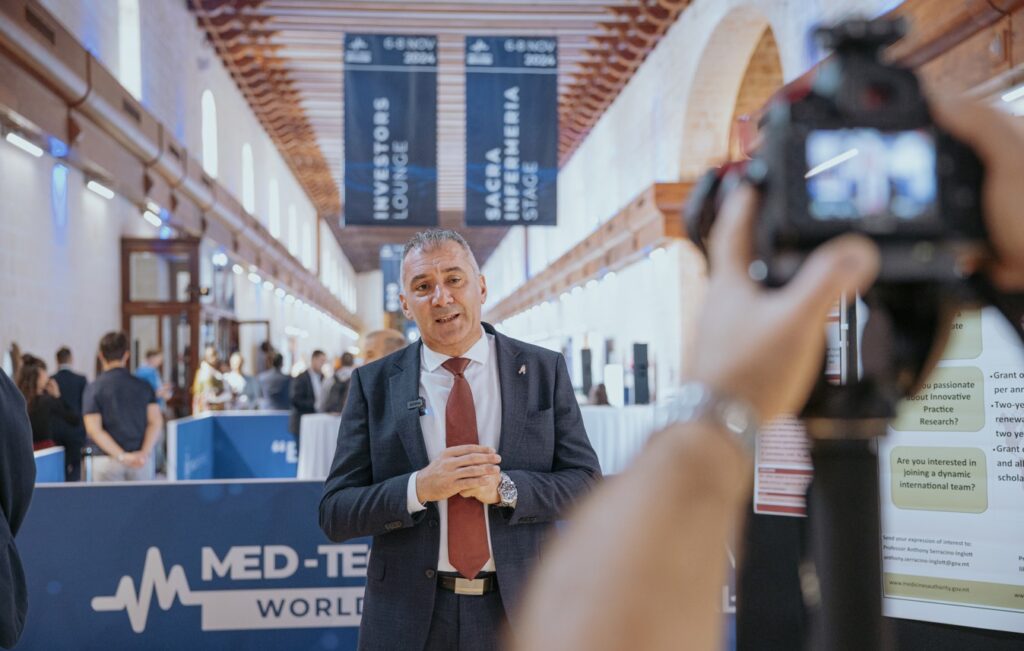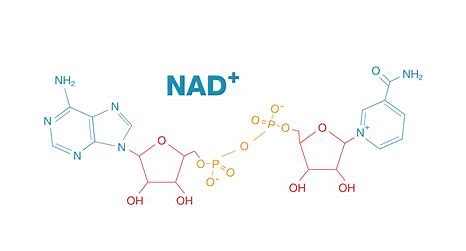
Matthew Calleja
2nd May 2024
Towards Forever: Can MedTech End Ageing?
Ever thought about how long you’d like to live if given the choice? Can we actually slow down ageing, and is it something we should even pursue? Maybe the answers lie in medical tech—AI, fancy machines, or who knows what else?
The dark side of MedTech innovation
Today, we’re experiencing longer and brighter lives than ever before, which is definitely a plus. But there’s a flip side: With this extended lifespan comes the likelihood of grappling with the challenges of old age and the need for more care.
In those twilight years, many of us may find ourselves confined to a hospital bed, surrounded by the constant beeping of machines and the sterile scent of antiseptic. And as we stand by, we’re likely to witness our loved ones navigating similar struggles.
Advancements in MedTech offer hope for potentially ending ageing, but they also pose a profound and, at times, polarising question: Should we pursue this goal?
Should we end ageing even if we could?

Since the days of ancient Mesopotamia and the legends of China’s first emperor, humanity has been captivated by the idea of surpassing our human limitations. From those early stories to the present day, the longing for transcendence is woven deeply into our collective narrative.
But still, the idea of living longer makes a lot of people uneasy. They worry it might mess with the natural cycle of life and death, how things have always been for humanity.
Even though we love to celebrate the idea of living a long life, the reality of ageing isn’t always as glamorous as we’d like. Some might be okay with facing their mortality as they grow older, but the idea of completely avoiding death is unsettling for others.
However, it is important to understand what’s on the table: putting a halt to ageing doesn’t mean we’ll escape the inevitability of death. Death will still happen eventually. But if we can halt ageing, it could mean saying goodbye to many diseases and reshaping how we think about getting older.
Considering these ideas, we can delve into new questions. Imagining a world where we’re free from disease and living much longer prompts us to think about the bigger picture.
Would longer lifespans result in us being more responsible with the environment, giving us expanded opportunities for personal growth? Or will it worsen everyday stress? Additionally, would the potential end of ageing only be accessible to the wealthy, exacerbating social inequality?
Ultimately, thinking about the possibility of a longer, healthier life with our loved ones encourages us to reflect. It pushes us to think about our views on life and death, and how much we value living longer. It also asks us to imagine how we’d handle such a situation if it were to become a reality.
MedTech’s solutions
Did you know that ageing research has made huge strides in recent years?
These studies have revealed potential interventions in the ageing process, challenging the notion that ageing is an inevitable aspect of life. However, it’s essential to recognize that these findings are still in the proof-of-concept stage. Human trials are necessary to assess their applicability to us.
To fully grasp the potential of extending healthspan, it’s imperative to allocate more attention and funding to this area of research. With continued exploration and investment, there’s optimism that we can age with grace and enjoy longer, healthier lives, free from the burdens of age-related ailments.
Senescent cells
Cells have an expiration date.
Each time they divide, they lose a bit of DNA at the ends, protected by telomeres. As cells divide, these telomeres shrink, leading to “senescent cells,” kind of like zombie cells that stick around and cause trouble, linked to diseases like diabetes and kidney failure.
What’s new is scientists found a way to get rid of these cells in mice. When they did, the older mice were more active, had better heart and kidney function, and even lived longer and healthier lives! They’ve also discovered a protein that can kill off these senescent cells, without harming the healthy ones.
Now, researchers are gearing up for human trials, exploring treatments that could help us live longer and healthier lives.
NAD+

Our cells are like intricate machines, made up of millions of tiny parts that need constant upkeep. But as we age, this maintenance process starts to falter, leading to problems like misfolded proteins and decreased production of important components.
One key player in this ageing game is NAD+, a vital molecule that tells our cells to take care of themselves. Sadly, as we get older, our NAD+ levels plummet, leaving us more vulnerable to diseases like skin cancer, Alzheimer’s, and heart issues.
Now, here’s where it gets interesting: scientists have found a way to potentially turn back the clock. They’ve discovered substances that can be transformed into NAD+ inside our cells, sparking hope for rejuvenating ageing tissues. In trials on mice, these substances perked up stem cells in the skin, brain, and muscles, boosting their ability to repair DNA and potentially extending their lifespan.
Even NASA’s intrigued, seeing potential benefits for protecting astronauts from space radiation.
While human trials are still ongoing, the possibility of an anti-aging pill made from NAD+ is exciting.
Stem cells
Stem cells are like the architects of our cells, vital for keeping our bodies refreshed and healthy. But as we age, these stem cells dwindle, leading to health decline.
Researchers found that when they injected stem cells from baby mice into middle-aged mice’s brains and hearts, magic happened. In the brain, these fresh stem cells perked up older cells, making the mice’s brains and muscles work better and even helping them live longer.
Meanwhile, in the heart, older mice saw improved function and could exercise longer, and they even got a surprise bonus: faster hair regrowth!
These findings hint at the exciting potential of stem cells to rejuvenate ageing bodies and boost overall health.
Stay informed and ahead in the world of MedTech!
For more insightful perspectives like this one, along with the latest in MedTech News, be sure to bookmark our newspage, subscribe to our YouTube Channel, and sign up for our Newsletter.
you might also like
view all

